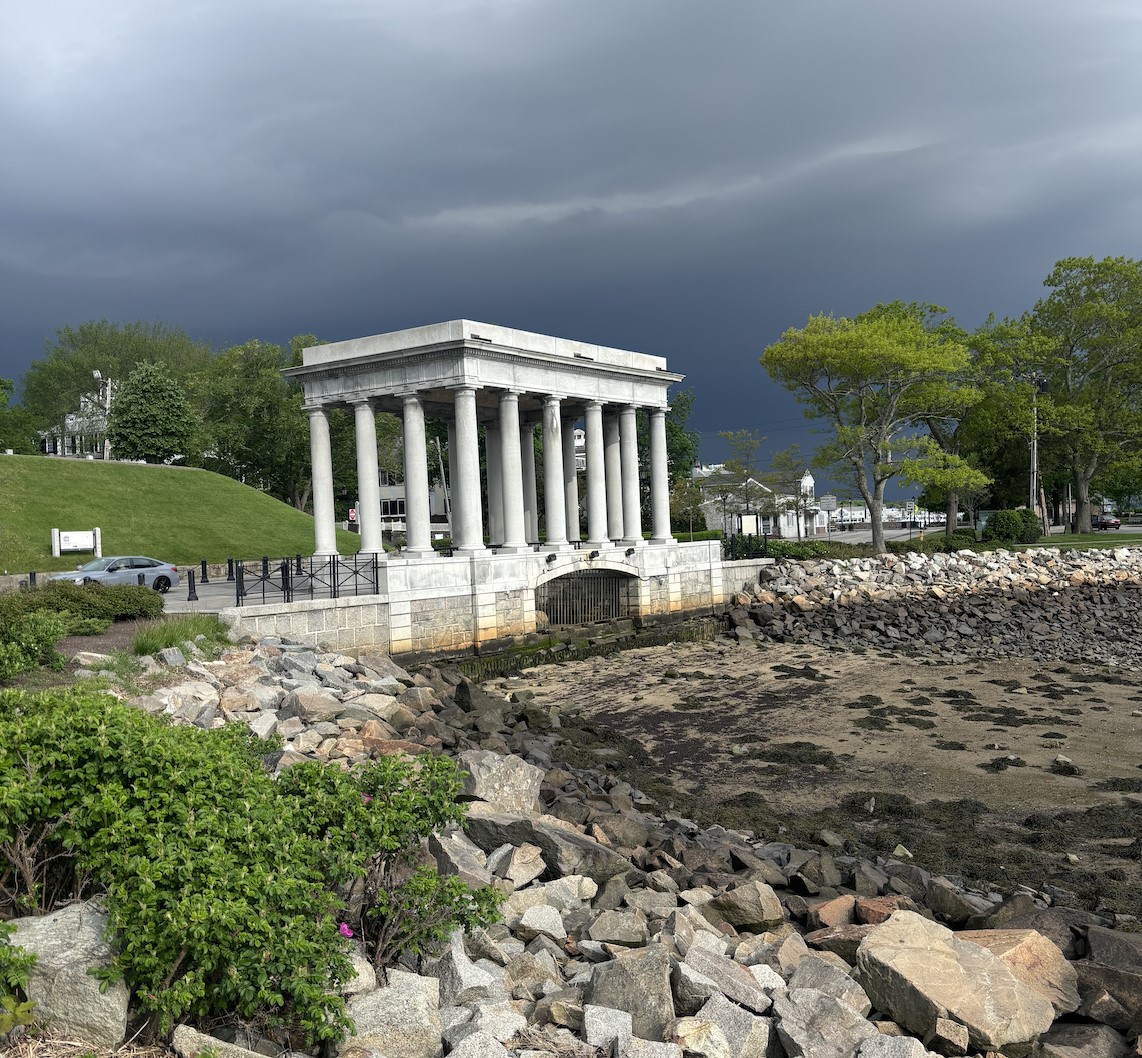Representatives of the Wampanoag Indian tribe have asked the Town to recognize their legacy by agreeing to recite a “Land Acknowledgement” statement at the commencement of all municipal meetings. I am opposed to doing so, not because I lack sympathy for the injustices visited upon the Wampanoag Nation, but instead because it could be the prologue for future claims for reparations.
Any entitlement to reparations should be limited to the Wampanoags who suffered the injustices, and there are none still alive. I do not believe that that entitlement is inheritable by the progeny of the victims. Similarly, any responsibility for reparations should be limited to the Pilgrims who visited the injustices upon the Wampanoags, and there are none still alive. I do not believe that that responsibility is inheritable by the progeny of the perpetrators.
My parents and grandparents emigrated to this country in the 1930s because of persecution in Germany. My grandfather and my father each received annual reparation payments from Germany because their livelihoods had been terminated. When my grandfather died, his reparation payments stopped, and when my father died, his reparation payments stopped. Their wives and their children never thought of making any further claims for reparation in their own behalf. In my opinion, that model should be the one applied today with respect to the Wampanoags.
Speaking more broadly, I do not feel that it is necessary to publicly proclaim one’s piety in every situation in which piety is called for. Each of us can and should honor the Wampanoags in our own lives without having to publicly announcing it to others.
– Richard M. Serkey

